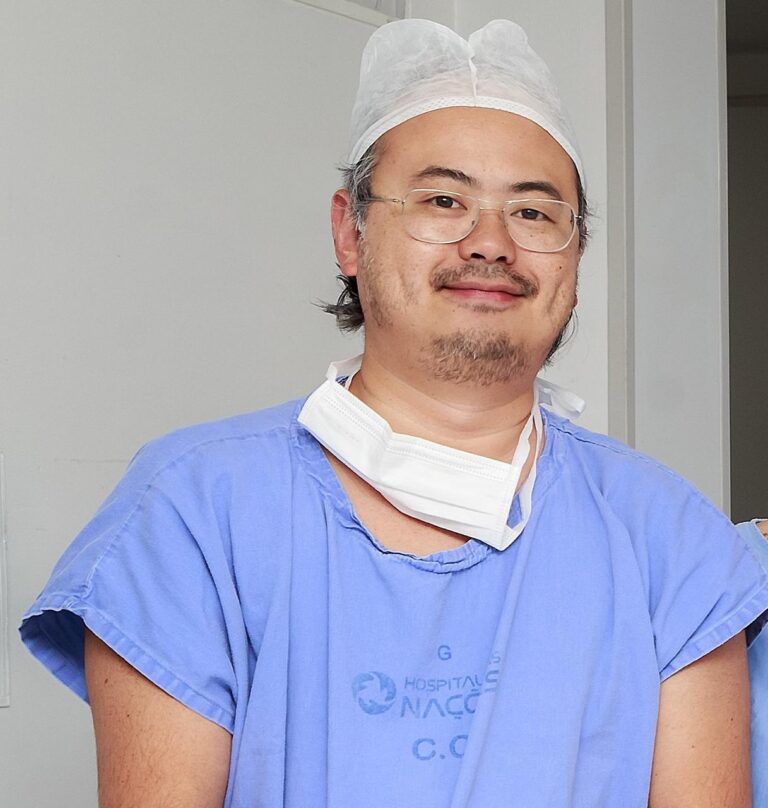
Dr. Monica Zomer Kondo
Dr. Monica Zomer Kondo, Endometriosis Specialist
City: Curitiba, Paraná, Brazil

Dr. William Kondo
William Kondo M.D.
William Kondo M.D.- Endometriosis Specialist, Gynecologist, and Laparoscopic Surgeon.
Summary: Dr William Kondo M.D. is a trusted endometriosis specialist and urogynecologist based in Tijuana, Baja California, Mexico, with more than 30 years of experience helping patients find relief through advanced endometriosis treatment. He is known for his compassionate approach and deep understanding of how complex and life-disrupting this condition can be.
Dr Kondo sees endometriosis as a multifactorial disease influenced by genetics, hormones, and immune function. His treatment plans are tailored to each patient, often combining hormonal therapy with lifestyle support. For those dealing with ongoing pain after surgery, he integrates physical therapy, pain management, and holistic options like nutrition and acupuncture.
As a VideoVetted surgeon on iCareBetter, Dr Kondo is especially skilled in excision surgery for complex cases, including pelvic, bowel, bladder, and urinary endometriosis.
City: Tijuana, Baja California, Mexico
Philosophy: Endometriosis is a multifactorial disease. Hereditary predisposition (immune dysfunction apoptosis suppression), genetics, and epigenetics associated with hormones, menstruation, ovulation, dioxines, oxidative stress and inflammation are important factors that contribute to the pathophysiology and pathogenesis of endometriosis.
Medication: Usually I use combined oral contraceptives and progestins for the treatment of most women with endometriosis not desiring pregnancy. In some specific cases, we may use GnRH analogues or gestrinone, especially for those women who are not responsive to conventional treatment.
Approach to Persistent Pain: For persistent pain after surgery, if the surgery was complete we try to start clinical treatment for those women not desiring pregnancy (oral contraceptives or progestins in order to try do induce amenorrhea and ovulation suppression). In those cases of persistent pain, it is very important to have physical therapy to treat myofascial pain, and also some other treatments may play an important role (pain medications, physical activity, acupuncture, nutrition, etc).

